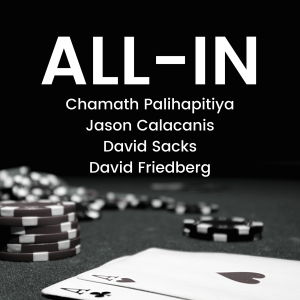

AI presents a vision for transforming urban environments from inert "concrete jungles" into dynamic, living ecosystems through the implementation of a specialized artificial intelligence known as the Bio-Harmonious Urban Architect. This AI aims to design cities that function like organisms, integrating principles from biology, ecology, and psychology to achieve "regenerative urbanism" where cities actively heal the planet and enhance human well-being. The report details three core strategic shifts: designing a city's "genetic code" for resilience and evolution, fusing disparate urban systems into a unified "City-Body" to eliminate waste, and aligning with natural forces through "urban Wu Wei" instead of fighting them. Furthermore, it explores the societal and economic transformations this vision could bring, including "Ambient Democracy" for governance, but also cautions against significant risks like a "tyranny of harmony" and an "atrophy of agency" if not carefully managed.
More Episodes
All Episodes>>Create Your Podcast In Minutes
- Full-featured podcast site
- Unlimited storage and bandwidth
- Comprehensive podcast stats
- Distribute to Apple Podcasts, Spotify, and more
- Make money with your podcast












